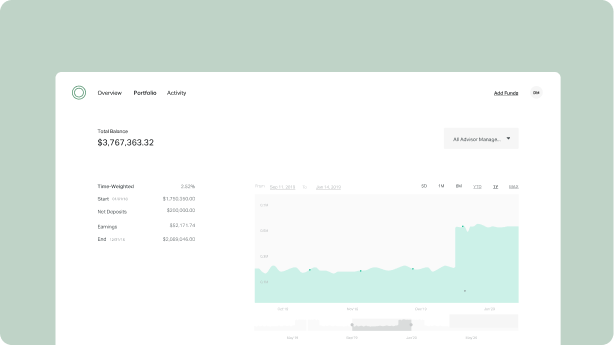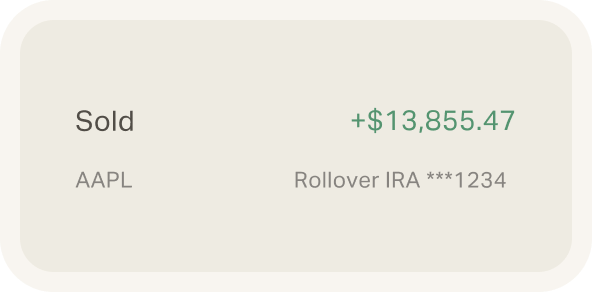What is Fully
Paid Lending?
Fully Paid Lending (FPL), also known as Fully Paid Securities Lending (FPSL), is a common lending practice whereby individuals can receive passive income by allowing their broker – in this case, Altruist Financial LLC (“Altruist”)– to lend out stocks they have fully bought and paid for (as opposed to those purchased on margin).


















